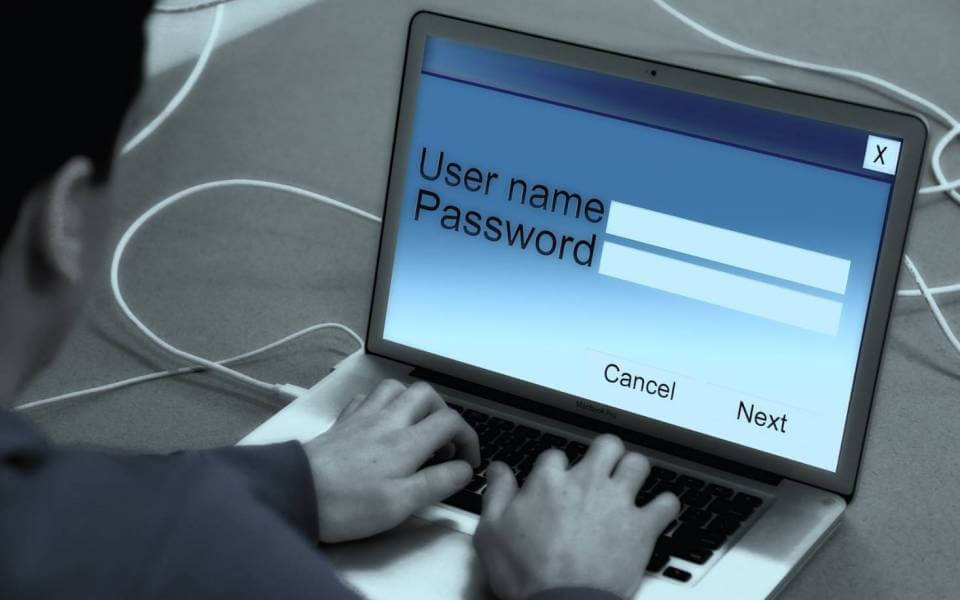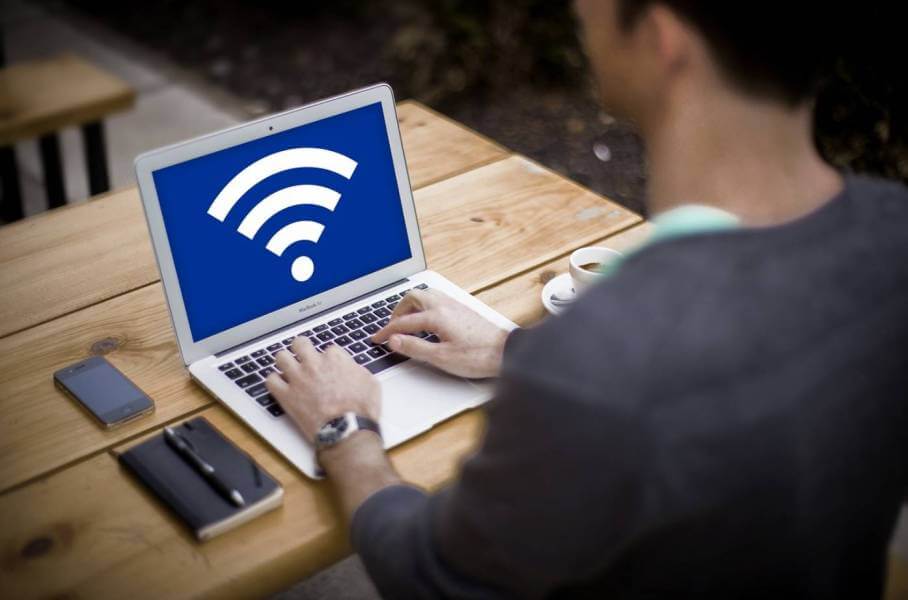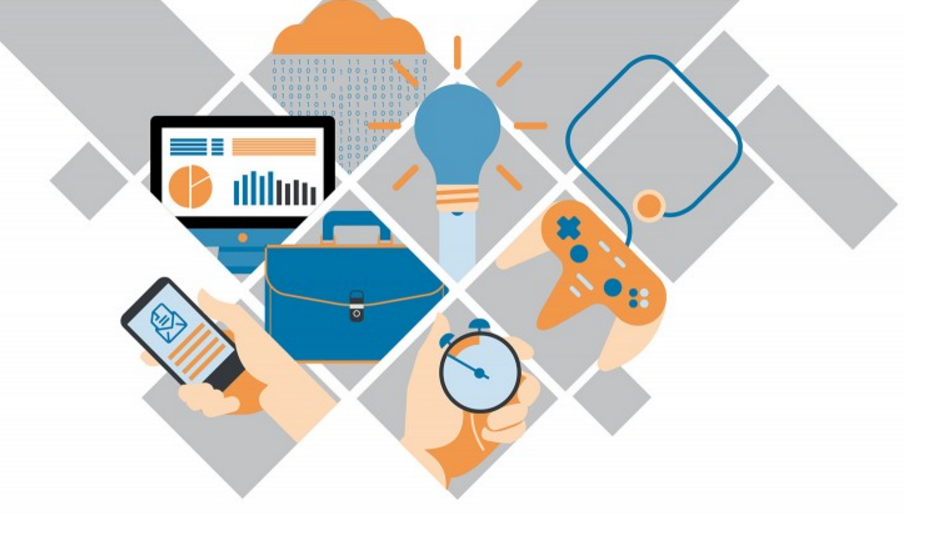Computer data is one of the most important things for people in the modern world. It contains everything from personal information to business secrets. Keeping this data protected is essential, and there are several ways to do so. This blog post will discuss some of the best ways to protect your computer data. Follow these tips, and you can rest assured that your information is safe!

Protect Your Email Account With Two-Factor Authentication
Two-factor authentication (also known as two-step verification) is an extra layer of security that can be used to protect your email account and other important online accounts. It requires you to provide two pieces of information to log in: your username and password, plus a second factor like a code sent to your phone via SMS message or an authentication app on your smartphone device.
Use Antivirus Software
Antiviruses are programs designed to protect your computer from harmful viruses, malware, and other threats. They use a combination of techniques like heuristics (detecting suspicious behavior), signature-based detection (identifying known harmful files), and real-time protection (scanning files as they’re downloaded or opened).
Back Up Your Data Regularly
If you lose access to your computer, getting back important files can be difficult or impossible. Making regular backups is a great way to protect yourself if anything happens! You can use a cloud backup solution that allows users to make unlimited copies of files onto servers worldwide. These solutions also offer secure and encrypted opinions, automatic backups, off-site backup and can be accessed via mobile, web, or email.
Backing up data can also help prevent ransomware attacks. If you get hacked, and a hacker holds your files hostage, then having an unencrypted backup will allow you to restore everything without paying any money!
Keep the Software Up-to-Date
The best way to protect yourself against new threats is by keeping all of your software (including your operating system, browsers, and antivirus software) up-to-date. This means regularly checking for and installing updates when they become available. Many updates include security patches that fix vulnerabilities in the software.
Use a Firewall
A firewall is a piece of software or hardware that helps protect your computer from unwanted access. It’s a “wall” that keeps out unwanted connections to your computer and blocks potentially harmful traffic from entering your network! It monitors incoming and outgoing network traffic based on security rules set by an administrator. Firewalls can be configured in many different ways depending on what you need them for, but most home users will only require basic protection against viruses and other types of malware.
Use a Password Manager
Password managers are a great way to keep track of your passwords. They allow users to store, retrieve, and change their passwords without remembering them all the time! Many different password managers range from web applications to desktop applications to mobile apps. Most of them are free and very easy to use.
Use a Secure Browser
Browsers are one of the most commonly used programs on any computer, so they must have good security features built into them. Some browsers include phishing protection and malware scanning, while others don’t. It’s best to use a browser that has these features enabled by default, but if yours doesn’t, there are plenty of add-ons available for free download that can provide this functionality!

Use a Strong Password
One of the simplest ways to protect your computer data is to use a strong password. A strong password should be at least eight characters long and include a mix of letters, numbers, and symbols. It’s also essential to change your passwords regularly. If you have trouble coming up with strong passwords, several online tools can help you generate them.
Avoid Clicking on Links in Emails or Social Media Posts
If you see an interesting link in an email or social media post, always be suspicious and don’t click on it unless you know and trust the source. These links can often lead to malware or phishing websites designed to steal your information. Instead, copy the link into a browser and see where it goes before you decide whether to open it or not.
Use Secure Wi-Fi Connections
Free public Wi-Fi hotspots are convenient but not very safe. If a hacker is on the same network as you, they may be able to intercept traffic between devices and steal sensitive information like passwords or credit card numbers. Therefore, it’s essential to use a secure connection whenever possible by using a VPN (a virtual private network) or an SSH tunnel. A VPN creates an encrypted tunnel between your device and a remote server, while an SSH tunnel encrypts all traffic before it leaves your computer.
As you can see, there are many different ways to protect your computer data. Following these tips will help keep you safe from most threats out there. However, it’s important to remember that no security solution is perfect, and hackers constantly find new ways to exploit vulnerabilities. So always be vigilant and stay up-to-date on the latest security news!

Founder Dinis Guarda
IntelligentHQ Your New Business Network.
IntelligentHQ is a Business network and an expert source for finance, capital markets and intelligence for thousands of global business professionals, startups, and companies.
We exist at the point of intersection between technology, social media, finance and innovation.
IntelligentHQ leverages innovation and scale of social digital technology, analytics, news, and distribution to create an unparalleled, full digital medium and social business networks spectrum.
IntelligentHQ is working hard, to become a trusted, and indispensable source of business news and analytics, within financial services and its associated supply chains and ecosystems


























